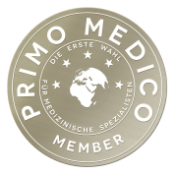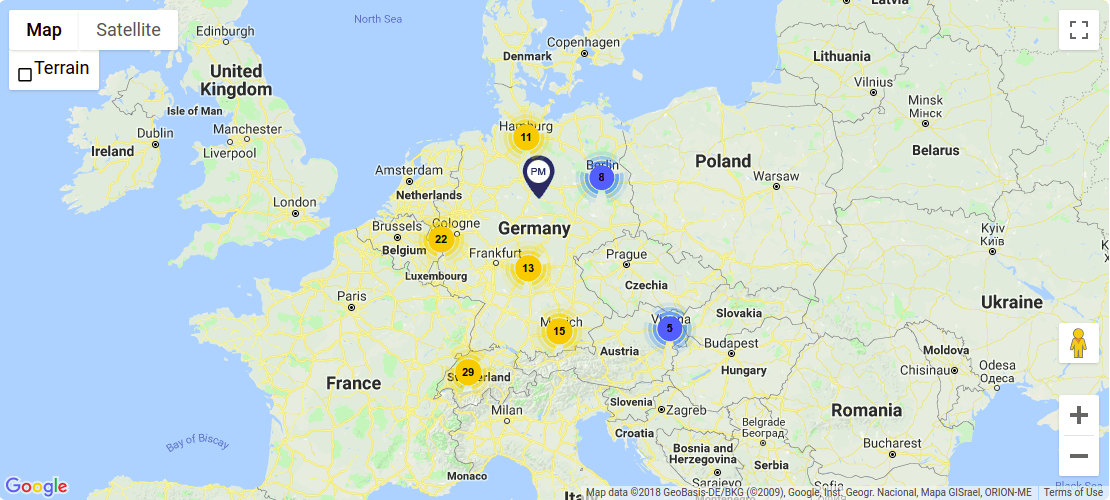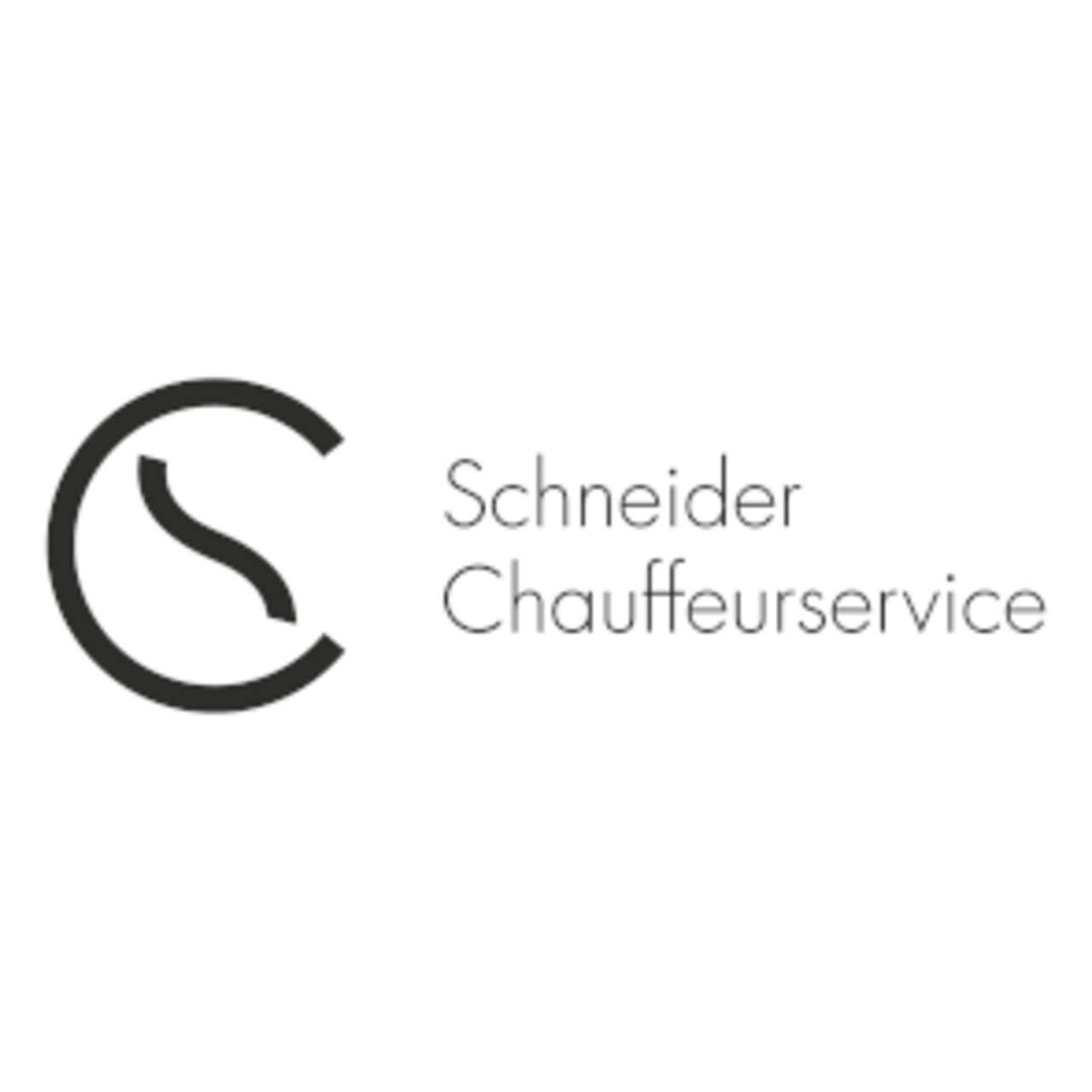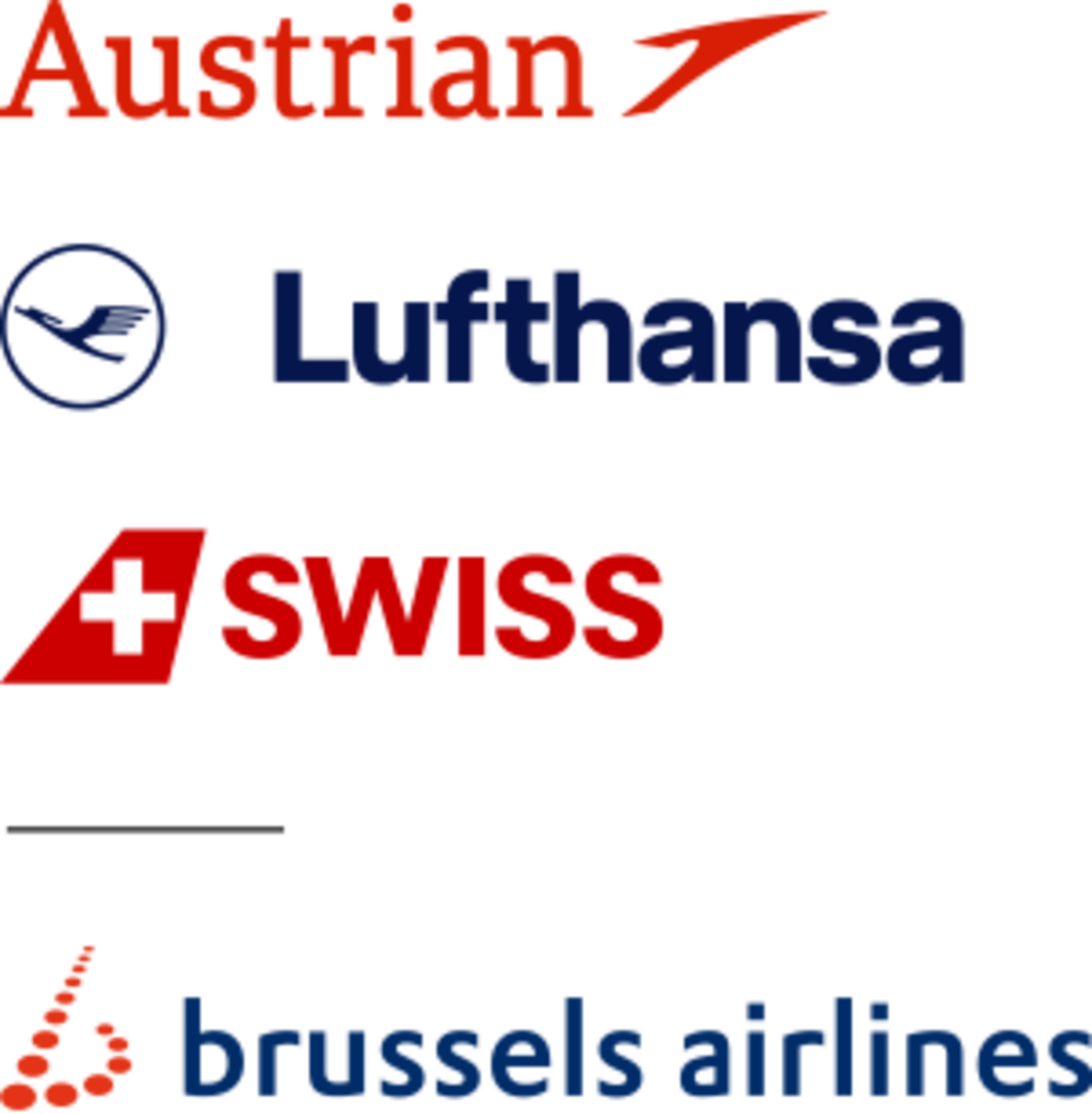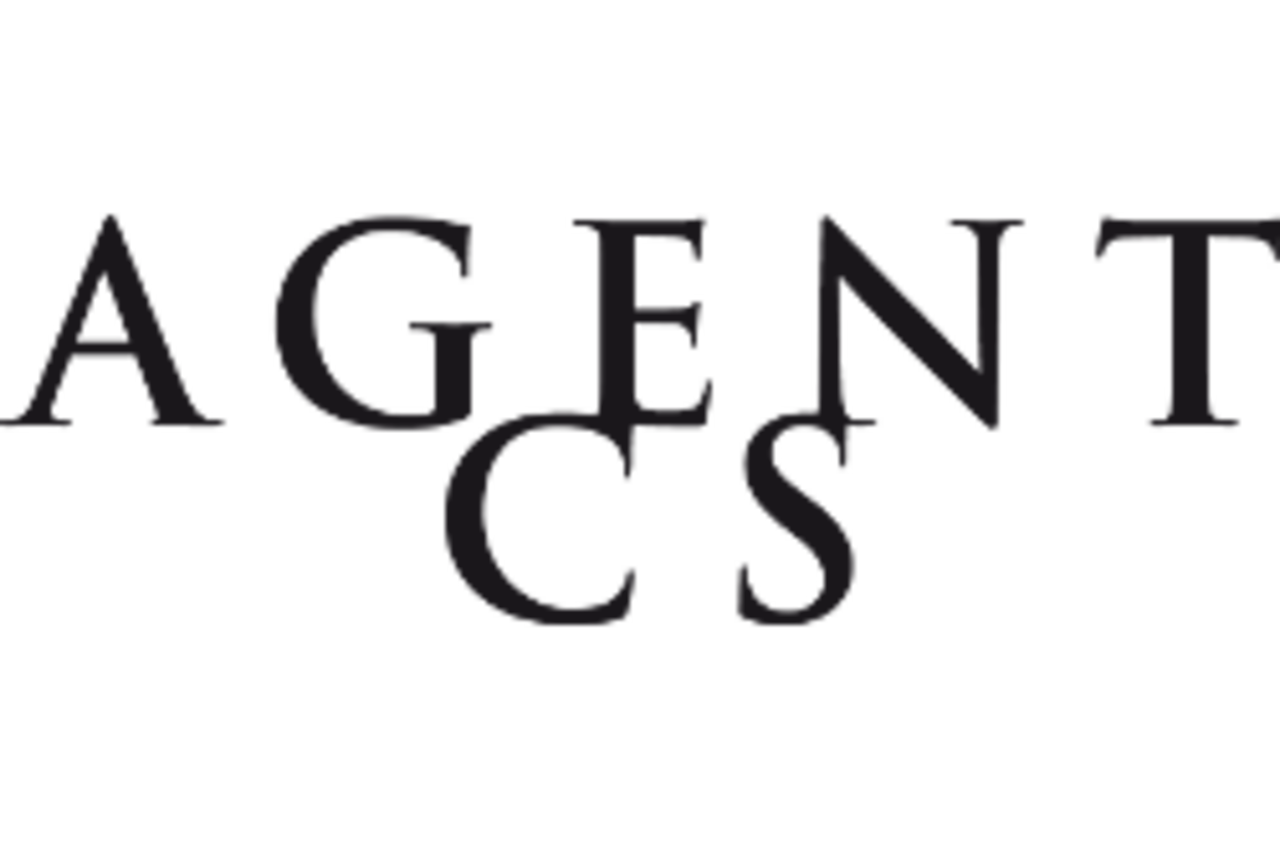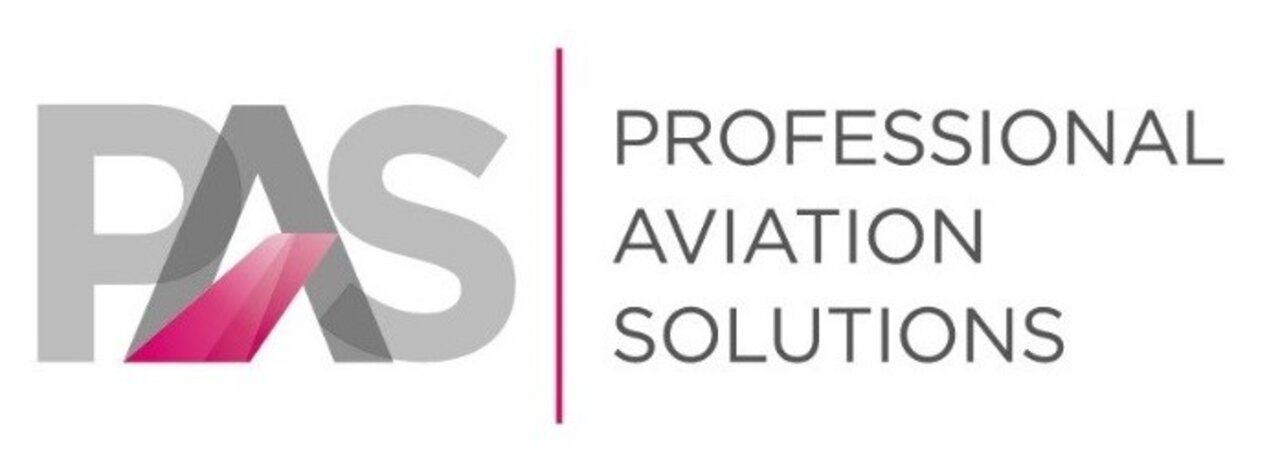Knee Surgery ATOS MVZ Wiesbaden: Dr Dirk Eiwanger & Dr Alexander Mayer
Treatment focus
- Minimally invasive cartilage repair technique (e.g. microfracture)
- Meniscus damage
- Arthrosis of the knee joint (gonarthrosis)
- Total/partial knee prosthesis (sled prosthesis)
- Knee Prosthetic Replacement
Contact
ATOS MVZ Wiesbaden
Hagenauer Straße 47, D-65203 Wiesbaden
P: +49 611 9524 40 30 F: +49 611 94 926 111
Consultation Hours:
Dr Eiwanger:
Monday 8:00 a.m. – 1:00 p.m.
Tuesday 8:00 a.m. – 5:00 p.m.
Dr Mayer:
Thursday 8:00 a.m. – 5:00 p.m.
Friday 8:00 a.m. – 1:00 p.m.
Reachability by Telephone for Consultation Appointments:
Monday to Thursday: 9:00 a.m. – 12:00 p.m. and 2:00 p.m. – 4:00 p.m.
Fridays: 9:00 a.m. – 1:00 p.m.
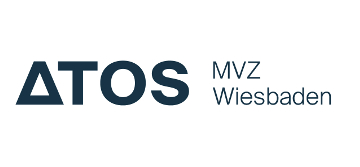
Medical Range
Diagnostic Services
- Anamnesis (detailed preliminary discussion)
- DVT (high-resolution 3D – sectional image diagnostics)
- 1.5 Tesla MRI
- Stress CT
- X-ray
- Ultrasound examination
- 4-D motion analysis with leg axis measurement, gait analysis
Therapeutic Range of Services
Bones and Cartilage
- Arthrosis treatment
- Therapy of gonarthrosis – conservative or operative
- Implantation of an artificial knee joint prosthesis
- Patient-individual mini prostheses
- Partial prostheses
- Patient-individual knee prostheses
- Knee prosthetic replacement
- Cartilage therapy
- Microfracture technique according to Steadman
- Mosaicplasty
- Knee malpositions (corrective osteotomies)
Meniscus and Cruciate Ligament
- Meniscus damage
- Anterior cruciate ligament rupture
- Posterior cruciate ligament rupture
More Information
Card
The knee surgery department at the ATOS MVZ Wiesbaden is managed by the practice co-owners and specialists Dr Dirk Eiwanger and Dr Alexander Mayer.
Dr Eiwanger and Dr Mayer focus on arthroscopic operations on the knee joint to treat diseases mostly caused by wear and tear. It is important for the specialists to have an open exchange of information with the patient in a personal consultation and in a pleasant and relaxed atmosphere.
Wiesbaden Knee Centre: Conservative Rather than Surgical
The ATOS Clinic Wiesbaden is a hospital specializing in the surgical treatment of orthopaedic and rheumatological symptoms. For 30 years, there has also been an orthopaedic group practice with a department for knee surgery under the same roof. This is successfully managed by Dr Dirk Eiwanger and Dr Alexander Mayer.
In the practice and clinic, the knee specialists are supported by a sports scientist plus several medical assistants. At the Centre for Knee Surgery Wiesbaden, conservative therapy of the knee joint has priority over surgical intervention. The restoration of the joint functionality should be achieved by conservative means. If the conservative therapy does not yield sufficient results, surgery is performed subsequently.
At the ATOS MVZ Wiesbaden, the concept of knee surgery is based on a personal atmosphere and the continuous support of the patient – from the diagnosis to follow-up treatment after the incision.
Cartilage Therapy at the Knee Joint
A number of different surgical procedures have been developed to cover possible cartilage damage in the knee joint. The aim is to stimulate the formation of cartilage, implant healthy cartilage together with bone or, to multiply cartilage which was removed during a previous procedure and to reintroduce it back into the joint.
With Dr Eiwanger and Dr Mayer, the ATOS Clinic offers various methods of surgical options, most of which can be performed arthroscopically. The microfracture technique with or without the application of a hyaluronic acid flow and cartilage-bone transplantation are used for cartilage operations, depending on the indication.
Displacement Osteotomy at the ATOS MVZ Wiesbaden
If the knee joints are excessively loaded because of deviations from the optimal support axis caused by bow legs or knock knees, surgical repositioning of the bones should counteract the wear and tear of the joint surfaces.
Such a demanding procedure is routinely performed at the clinic by Dr Mayer and Dr Eiwanger. The advantage of the surgery is that patients can keep their own knee joint, and time is gained until an artificial knee joint can no longer be circumvented. A new technique practiced by Dr Eiwanger and Dr Mayer achieves accurate results and quick resilience.
Anterior Cruciate Ligament Rupture
In the context of sports injuries, typically with a fixed lower leg and heavy strain from rotation or acceleration (e.g. from playing football or skiing), the anterior cruciate ligament can tear. The lateral stabilising ligaments of the knee joint and the menisci can also be affected. Depending on the sports activity as well as the demands and health condition of the person concerned, surgery and thus stabilisation of the knee can be useful. This surgery is performed arthroscopically by Dr Eiwanger and Dr Mayer, using the body’s own tendon as cruciate ligament replacement under arthroscopic view.
Follow-up treatment of the cruciate ligament operation is carried out with the help of an orthosis that is worn for six weeks. The success of the procedure is ensured by the experienced surgical team of Dr Eiwanger and Dr Mayer, whereby good cooperation of the patient also contributes to the success of the treatment. After six to nine months, high-impact sports can be resumed.
The Meniscus – a Shock Absorber in the Knee
The mechanical forces acting on the knee during the course of a person’s life are absorbed by the meniscus, which enables a sliding movement between the upper and lower leg. Meniscus damage is caused by rapid rotational movements of the knee joint when the foot is fixed or by slow wear and tear, obesity, bow legs, or knock knees.
Dr Eiwanger and Dr Mayer initiate a physical examination and a magnetic resonance tomography to determine meniscus damage. A short break from sports (several weeks) is usually sufficient in case of a pure contusion.
If a meniscus is torn, surgery is performed arthroscopically by both doctors. The operation is tissue conserving in order to preserve the patient’s own tissue and suture the tear.
While splinting and partial weight bearing of up to 6 weeks must be expected when suturing the meniscus, partial weight bearing of the knee is possible with walking sticks 4–5 days post-operatively after partial removal of the meniscus.
Total Knee Prosthesis
Because of wear and tear of the joint cartilage, it may become necessary to insert an artificial knee joint. The patient should decide jointly with the doctor when the time is right for surgery.
Dr Eiwanger and Dr Mayer use state-of-the-art diagnostics and a detailed patient history to determine the degree of wear and tear of the joint surface. During surgery, the worn joint surfaces are replaced by artificial sliding surfaces. Afterwards, a suitable prosthesis model is inserted depending on the case.
In the event of large anatomical malpositions, the fitting of a standard prosthesis is no longer possible. In such circumstances, the Dr Eiwanger and Dr Mayer insert individually manufactured prostheses, which are produced using a special computed tomography.
24 hours after the surgery, the first steps are possible for the patient with the help of crutches. After about 5 days, rehabilitation treatment can begin. After about 2 weeks, the skin clips can be removed.
Indications for a Total Knee Prosthesis:
- Knee joint pain under stress
- Only short distances can be covered by foot
- Waking up at night due to pain
- Help needed putting on shoes
- Exclusion of back or hip joint diseases
Partial Knee Prosthesis (Sled Prosthesis)
If the wear and tear of the knee joint is limited to the inner side only, the ATOS MVZ Wiesbaden offers a partial prosthesis. The procedure is slightly less involved than the implantation of a full prosthesis. However, the conditions for this must be fulfilled (i.e. only the inner part of the knee joint is affected and there is a bow-leg malposition).
Knee Prosthetic Replacement
For various reasons, it may be necessary to change a prosthesis. Dr Eiwanger and Dr Mayer distinguish between urgent and uncomplicated changes. The outlook depends on the initial situation. Ahead of changing a prosthesis, an infection must always be ruled out or confirmed by means of extensive examinations. The two doctors are experienced in knee prosthetic replacement and have the necessary experience to insert the new, suitable prosthesis and to resolve any complications that may arise during and after surgery.
Further information is available on the website of the ATOS MVZ Wiesbaden.
Curriculum Vitae
Dr Dirk Eiwanger
| 2015–2018 | Chief Senior Physician at the Clinic for Orthopaedics and Trauma Surgery, Chief Physician Dr Markus Rittmeister, St Elisabethen Hospital Frankfurt am Main |
| 2006–2015 | Senior physician at St Elisabethen Hospital, Frankfurt am Main |
| 2005–2006 | Junior doctor orthopaedics and trauma surgery, Municipal Clinics in Höchst/Frankfurt am Main |
| 2002–2005 | Junior doctor at 1st orthopaedic clinic of the Hessing Foundation Augsburg |
| 2001–2002 | Junior doctor, Department of Trauma Surgery, Kaufbeuren Hospital |
| 1999–2001 | Junior doctor at the Orthopaedic University Hospital, Friedrichsheim Foundation, Frankfurt am Main |
| 1992–1999 | Medical studies, Johann-Wolfgang-Goethe University of Frankfurt am Main, including stays abroad:1998 Cedars Sinai Medical Centre, Los Angeles, UCLA School of Medicine, US/1997 Queen Elisabeth-2-Hospital, Maseru, Lesotho, Southern Africa |
Dr Alexander Mayer
| 2011 | Contact doctor of the Olympic base Hessen |
| 2008 | Leading Physician for Orthopaedics and Rheumatology ATOS MVZ Wiesbaden (formerly Aukamm Clinic Wiesbaden) |
| 2006 | Senior physician of the Aukamm Clinic Wiesbaden |
| 1996–2006 | Training as a dual specialist physician in orthopaedics as well as orthopaedics and trauma surgery at the university hospitals of Mainz and Frankfurt as well as at the St Josef’s Hospital in Wiesbaden |
| 1982–2000 | Competitive swimming (European Youth Champion 1983, Olympic participant in Seoul 1988 with 4th and 12th place, 10 times German breaststroke champion, member of the German National team of the First Offenbach Swimming Club), multiple Ironman finisher and ultra-marathon runner, bronze medal at the 2012 Triathlon World Medical Championships |
| 1987–1996 | Medical studies at the Johannes Gutenberg University of Mainz |
Team
- Dr Markus Preis
Leading Physician (hand and foot surgery) - Dr Katrin Diener
Leading Physician (hand and foot surgery) - PD Dr Konstantin Horas
Leading Physician (orthopedics and trauma surgery) - Dr Andreas Kiekenbeck
Leading Physician (shoulder surgery, knee surgery, from reconstructive to endoprosthetics, elbow surgery) - Dr Sotirius Selimas
Senior Physician (general orthopaedics, foot surgery) - Mirella Conrad
Senior Physician
Extras
Practice Equipment:
- Latest generation 1.5 Tesla MRI
- Fully digital X-ray system for maximum radiation reduction
- Digital X-ray C-arm
- Digital volume tomograph SCS, DVT
- Ultrasound device
- Shockwave device
- 4-D motion analysis with WS measurement, leg axis, pedobarography
Transport Connections
| Wiesbaden Central Station | 3 km |
| Mainz Central Station | 14 km |
| Frankfurt (Main) Airport | 32 km |
| Frankfurt (Main) Central Station | 36 km |
Information about Wiesbaden


